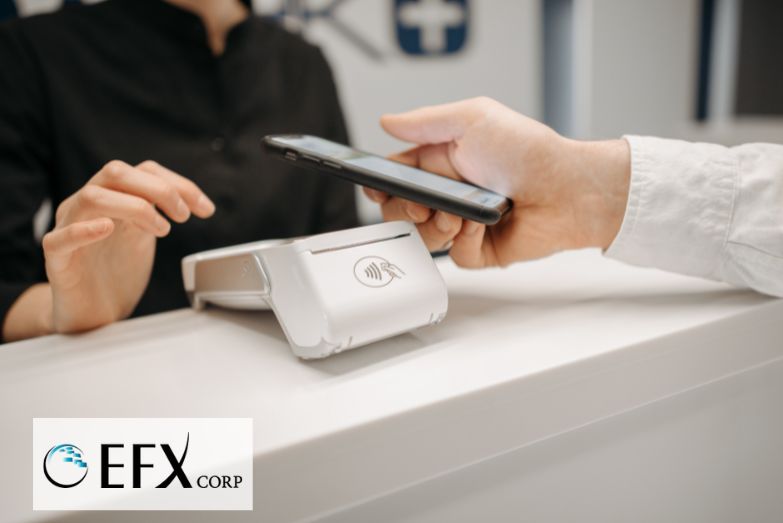In the Payroll Service industry, one of the most important parts of your operations is getting your money where it needs to go, and when it needs to get there. This makes yourACH processing partner a crucial part of the value you provide to your customers. But with so many ACH processing providers to choose from, how can you know you are choosing the right one?
As a Payroll Service Provider, selecting the right ACH processor is a critical choice that requires careful consideration. Here are some steps to help you in this crucial decision:
Assess Your Business Needs as a Payroll Service Provider:
Understanding your specific requirements can put you on a solid path. Think of the payments your organization issues and consider factors like your monthly transaction volume and your payment frequency.
Weighing these factors will help you gauge the strengths and weaknesses of the providers you consider and will help inform your decision.
- Compare Features: Every ACH processor offers different feature sets compared to their competition. Evaluate your providers based on their features and pricing. Key considerations include:
- Reliability: Look for an ACH processor with solid reliability and an industrial quality platform, providing uptime to ensure that your processes can continue as seamlessly as possible.
- Availability: It is helpful if your provider has a broad window to allow for late file uploads and editing.
- Experience: An ideal ACH processor will have a staff of seasoned customer service personnel with years of experience in ACH and the payroll industry. Look for a company with hundreds of satisfied customers.
- Comprehensive Reporting: Having 24 x 7 access to reporting is a huge advantage in Payroll Processing.
- Attentive Customer Support: As a Payroll Service Provider, you have unique challenges and requirements. When selecting an ACH processor, make sure that they can provide the necessary time and individual support that you need.
Pricing - Look out for hidden processing fees:
- Many leading providers have complicated fees structures and many hidden fees
- Selecting a provider with transparent pricing can have a major payoff
- Batch fees
- Transaction fees
- Setup fees
- Compliance fees
- Application fees
- Customer support charges
- Other secondary charges
Always Keep Your Eyes Open for a New Option
- Reliable, “industrial quality” platform
- 24-hour access for file uploads and editing
- File uploads until 9:00pm ET
- Experienced customer service personnel with years of experience with ACHand the payroll industry
- Proven track record of customer satisfaction for Payroll Service Providers
- Comprehensive reporting available 24 x 7
- Simple, straightforward pricing with no surprises
- Compliant with NACHA’s rigorous audit requirements
Contact us today and see the advantages EFX can provide for you and your Payroll Services Provider business. Remember that selecting an ACH processor is a strategic decision that impacts your business operations, so take the time to choose wisely!




